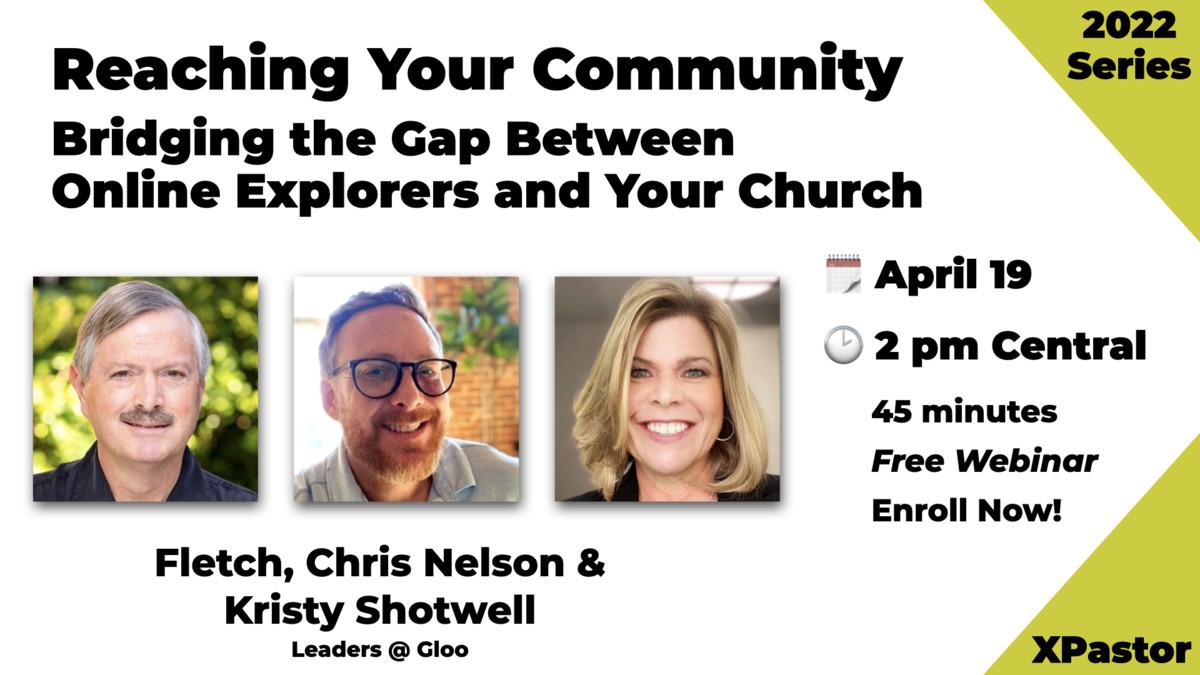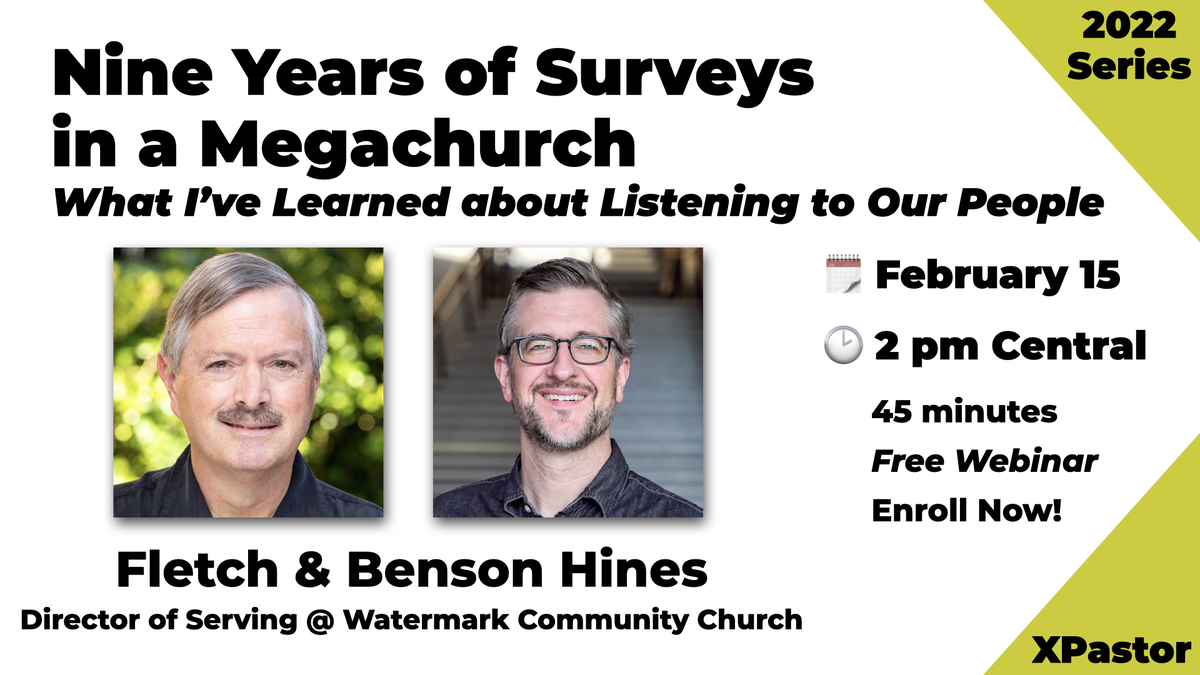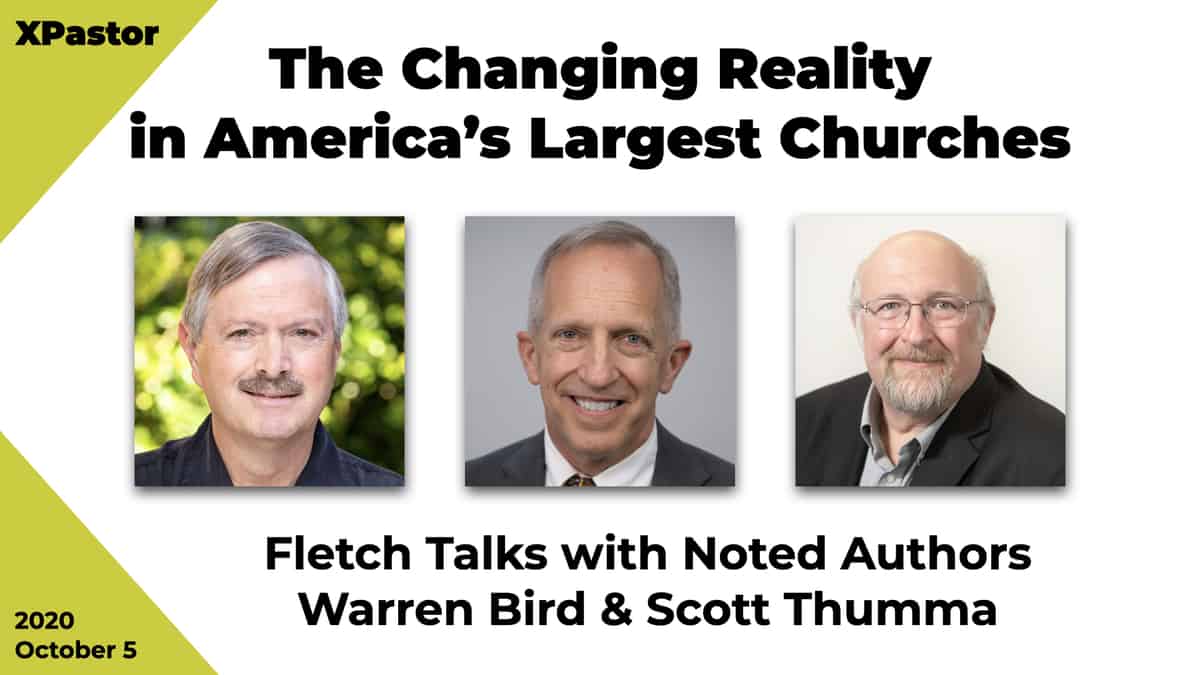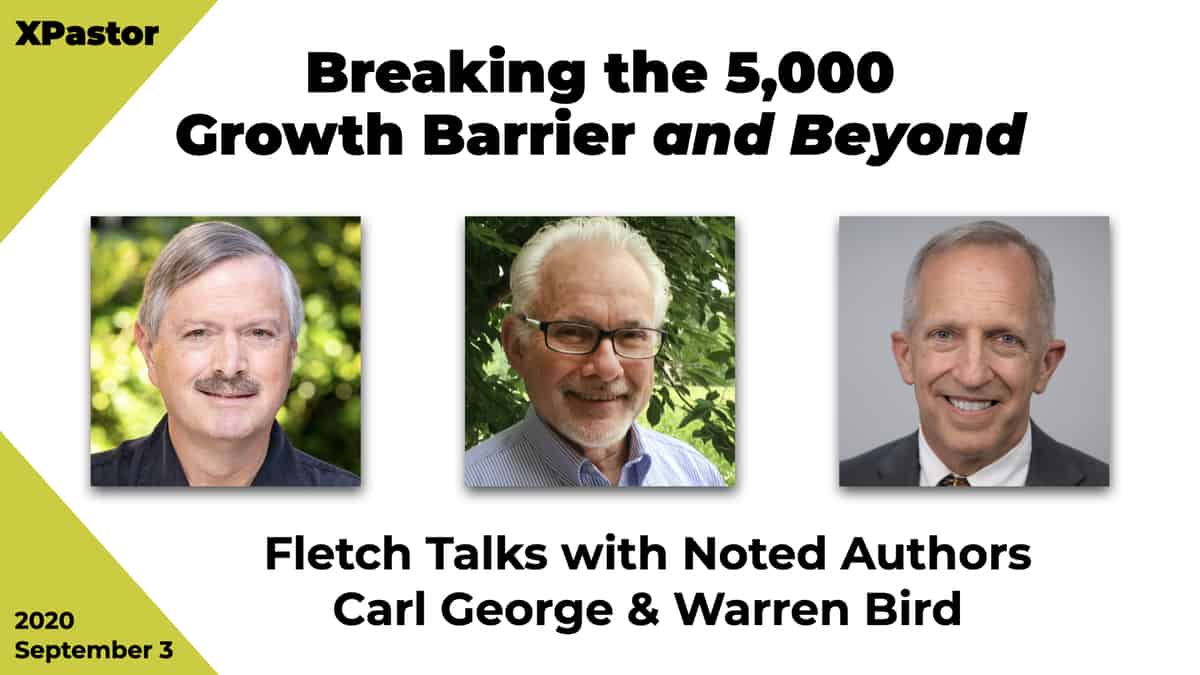As a pastor of a small church (less than 200 people) that has now planted three churches (two in the last eighteen months), we always have more dreams than dollars. In our context, multiplying churches (even small ones) allows the missional flexibility needed to reach different people groups in the diverse cities just north of Boston. Our hope is to continue multiplying this gospel work in the coming years, leveraging unified resources and leadership to better equip and send disciples on mission in Greater Boston.
With this in mind, you can imagine my excitement at learning about generosity, stewardship, and policy from wise and experienced church leaders through XPastor’s Online Course on Finance. Here are six reflections on church planting and money that have been fueled by the course.
1. There’s never enough money … and that is a good thing.
Disciples making disciples. Churches planting churches. God has called our humble church to multiply small gospel works, over and over. However, He has not given us a large congregation, a large budget or a big nest egg to get that work done. We do not have any “big ticket givers.” This situation could cause anxiety, frustration, and worry … or it can be used by the Spirit to shape His people for His mission. God is using this season and our (not His!) lack of resources to make us work hard to sharpen focus, clarify vision, and disciple a generous body for His glory. This is a good thing.
2. Our discipleship of donors is not comprehensive enough.
Calling the saints to obedience is great, but it’s not enough. As a Bible-loving pastor, my initial response when talking about generosity is to talk through the scriptures. That’s a good thing. Too often, however, I stop too soon. I only talk about the things I want to talk about: the generosity of the Father in giving the Son for my rebellious soul and the call of scripture to joyful and sacrificial giving. These truths are certainly crucial, but I need to listen more and work harder to disciple well. I don’t work hard enough to connect vision and generosity in a way that is helpful to those that have never given before. I don’t work hard enough to show how it would matter if a generous person gave even more. When I don’t listen enough, I am unable to respond helpfully. I am hindering discipleship and Jesus’ mission. Giving is bigger than obedience. It’s also about joy and purpose. I need to be asking: “What is keeping this person from supporting Jesus’ mission at Seven Mile Road?” and “How can I help them want to give?”
3. We are missing our best opportunity.
Inviting people to give during Sunday worship is our best opportunity to cultivate generosity on an ongoing basis … and we are doing so poorly. Our team has witnessed so many poorly done giving moments in different settings that we have sought to minimize the moment in our gathered worship. This reaction has been so dramatic in the other direction that some people have had to ask, “If I want to give, where can I do that?” Ouch. We are now working to not only make our people aware of our giving box locations, but thinking through what helpful, systematic, and ongoing discipleship could be taking place from the stage each Sunday. How can we leverage a 60-90 second timeslot, 52 times per year, to help our people with an engaging, robust, and biblically-faithful invitation to give to Jesus’ church?
4. We can learn about future leaders through their giving to the mission.
God is exceedingly generous—so His church ought to be. From day one of a church plant, it needs to be marked by generosity. Generosity is about more than money, but never less. Church planters are starting a gospel work from scratch and putting their own fingerprint on their church plant from the first day. That means they must be generous if their people are. And if a potential church planter is not generous with his money, what else is he not going to be generous with? When I look at the giving statements of our pastors and planters, I want to see people that have received much from God and are eager to give away their earthly treasures. These are the people I want leading our congregations.
5. Money is a litmus test for gospel transformation.
Generosity is one of the greatest areas of insight into how the gospel is shaping someone’s life. Hesitation or reluctance to give to the mission is a huge red flag that someone might not be believing something about the gospel. At Seven Mile Road, we make it a point to pursue conversations about giving with our people during membership interviews, in our gospel communities, and anytime someone is aspiring to formal leadership. In fact, our Pastor and Deacon Tracks each include a session of spreadsheets and hard questions about income, spending, debt, and giving. Clear, direct conversations about money do not have to be about generating income. They can and should be about pointing people to Jesus. There’s freedom in talking about money because it leads us to talking about the gospel.
6. People learn about the church through its handling of money.
It matters how the church handles the money we have been given. Our generosity towards our staff, volunteers, community, and vendors makes a statement about the gospel and what we believe is important. When we give to church planting efforts beyond ourselves, people see that it matters to be generous. It matters that our people and leaders are generous, but it also matters that the church itself is intentional about giving. When we give to church planting locally and internationally, people see what is important to the church. In our day, it also matters that the church is transparent. Fraud is real and people are skeptical. When we communicate well about planning, initiatives, and spending, it shows that we are seeking to be above reproach and that we value those who give to the mission. When we invest resources in equipping the saints, people learn that ministry isn’t about professionals. It matters how we spend Jesus’ money, but it also matters that we communicate it well. People are watching our money and learning what the church values.
Concluding thought
Salaries, equipment, and space all require plenty of money, but there is so much more at stake. How we view, handle, spend, and communicate about money tells a story to our people and our community. As we plant churches and engage people and communities with little gospel language or understanding, this is even more crucial. Our money always tells a story. We want it to be a story about Jesus and His gospel.











